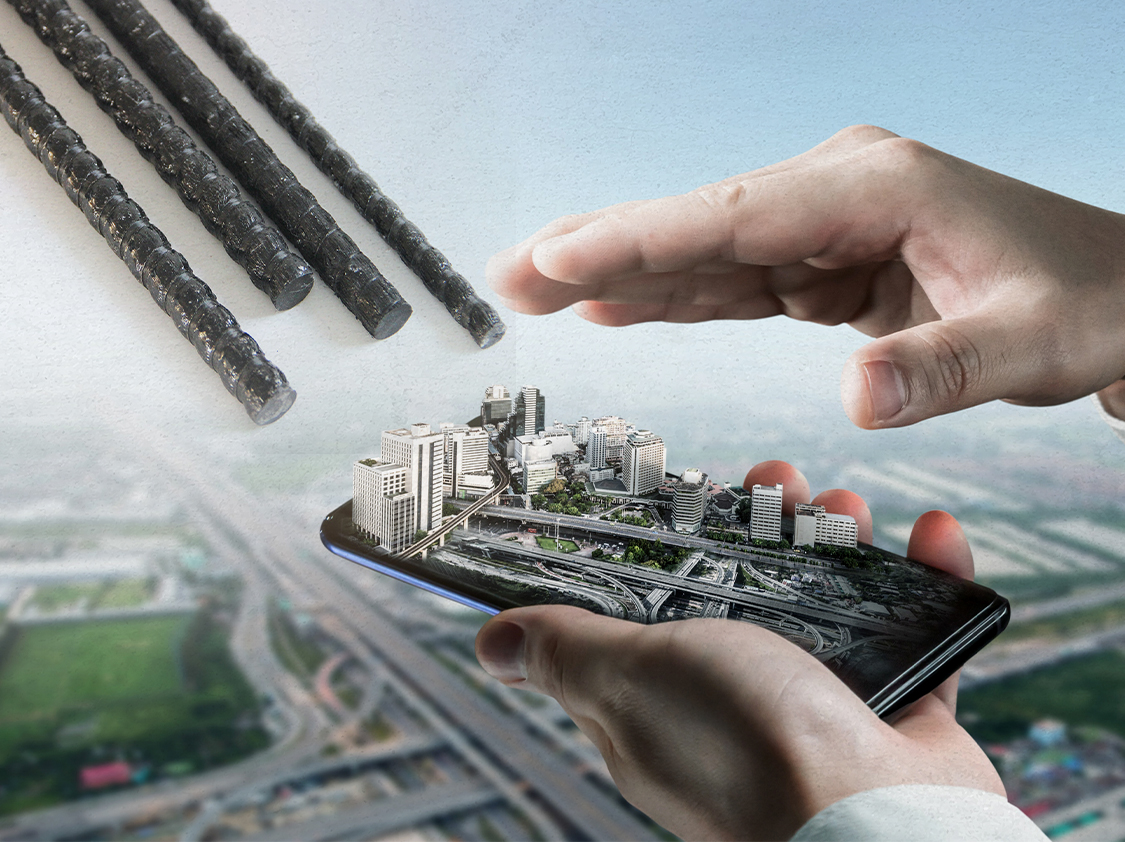
Introduction:
The Basics of Basalt Reinforcement
Why Choose Basalt Reinforcement?
Applications of Basalt Reinforcement in Construction
The Environmental Impact
One of the most compelling aspects of reinforcement is its environmental footprint. The production process of basalt fibers requires significantly less energy compared to that of steel, and the material itself is completely natural and non-toxic. This positions reinforcement as a key player in the movement towards green building practices and sustainable development within the construction industry.

The Future of Fiber Reinforcement:
As the demand for more sustainable building materials grows, basalt reinforcement stands out as a material that does not compromise on performance. Its application across various construction domains is a testament to its versatility and efficiency. For architects, builders, and engineers, reinforcement offers a forward-looking solution that aligns with the global push for sustainability and innovation in construction.


In conclusion, basalt reinforcement is not just an alternative to traditional materials; it is a superior choice that promises to shape the future of construction. With its remarkable properties and wide range of applications, it is clear that basalt is here to stay, driving the industry towards a more sustainable and durable future.
Arab Basalt Fiber Company:
Arab Basalt Fiber Company is committed to raising awareness and promoting the benefits of basalt fiber rebar. They are pleased to offer seminars, presentations, and additional information to interested organizations. To arrange for these educational resources, Reinforcement please contact the company directly by clicking the link provided below. We will be more than happy to accommodate your request and share our expertise.
For more information about Arab Basalt Fiber Company, please visit their website: https://arabbasaltfiber.com/

